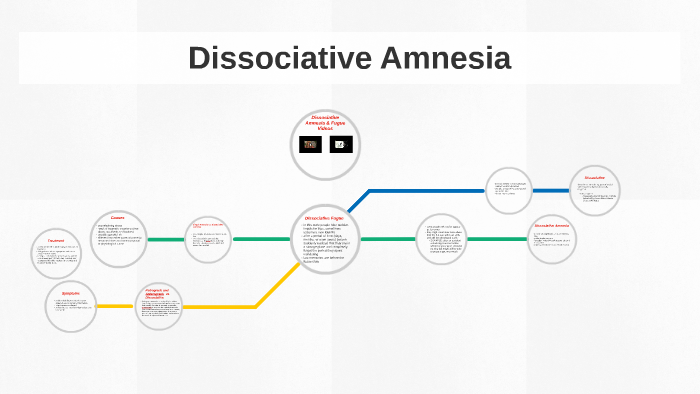

They may be related to a previous traumatic experience, or a tendency to develop more physical than psychological symptoms when stressed or distressed. The causes of dissociative disorders are not well understood. They may also have problems sleeping (insomnia). Someone with a dissociative disorder may also have other mental health conditions, such as: memory gaps about everyday events and personal information.They may feel the presence of other identities, each with their own names, voices, personal histories and mannerisms. Someone diagnosed with DID may feel uncertain about their identity and who they are. Dissociative identity disorderĭissociative identity disorder (DID) used to be called multiple personality disorder. In rare cases, they can last months or years. These blank episodes may last minutes, hours or days. They may have travelled there on purpose, or wandered in a confused state. Some people with dissociative amnesia find themselves in a strange place without knowing how they got there. These gaps in memory are much more severe than normal forgetfulness and are not the result of another medical condition.

They may also forget a learned talent or skill. Someone with dissociative amnesia will have periods where they cannot remember information about themselves or events in their past life. It may last only a few moments or come and go over many years. You can have depersonalisation or derealisation, or both together. People and things around you may seem "lifeless" or "foggy". depersonalisation-derealisation disorderĭepersonalisation is where you have the feeling of being outside yourself and observing your actions, feelings or thoughts from a distance.ĭerealisation is where you feel the world around is unreal.There are several different types of dissociative disorder. They may dissociate and avoid dealing with it as a way of coping with it. Many people with a dissociative disorder have had a traumatic event during childhood. It can sometimes last for years, but usually if a person has other dissociative disorders. Periods of dissociation can last for a relatively short time (hours or days) or for much longer (weeks or months). forgetting about certain time periods, events and personal informationĭissociation is a way the mind copes with too much stress.feeling disconnected from yourself and the world around you.Symptoms of dissociative disorder can vary but may include: Some dissociative disorders are very shortlived, perhaps following a traumatic life event, and resolve on their own over a matter of weeks or months. read more, another dissociative disorder).Dissociative disorders are a range of conditions that can cause physical and psychological problems.


read more, posttraumatic stress disorder Posttraumatic Stress Disorder (PTSD) Posttraumatic stress disorder (PTSD) is recurring, intrusive recollections of an overwhelming traumatic event recollections last > 1 month and begin within 6 months of the event. Diagnosis is suspected clinically and confirmed by imaging (primarily. read more, traumatic brain injury Traumatic Brain Injury (TBI) Traumatic brain injury (TBI) is physical injury to brain tissue that temporarily or permanently impairs brain function. The activation of the reward system typically causes feelings of pleasure the specific characteristics. read more, substance use disorder Overview of Substance Use Substance-related disorders involve substances that directly activate the brain's reward system. read more, partial complex seizures Seizure Disorders A seizure is an abnormal, unregulated electrical discharge that occurs within the brain’s cortical gray matter and transiently interrupts normal brain function. Diagnosis is clinical laboratory and imaging tests are usually used to identify treatable causes. Also, the symptoms cannot be better accounted for by the effects of a medication or another disorder (eg, dementia Dementia Dementia is chronic, global, usually irreversible deterioration of cognition.


 0 kommentar(er)
0 kommentar(er)
